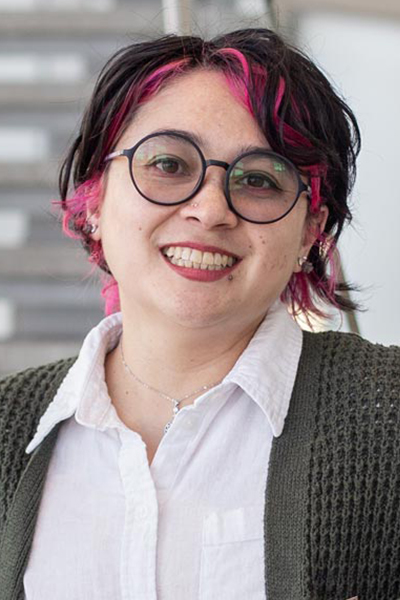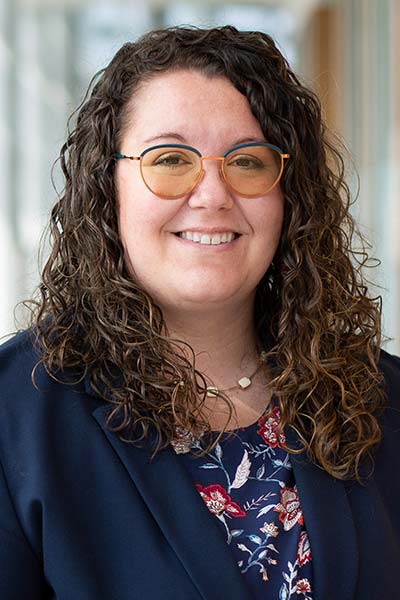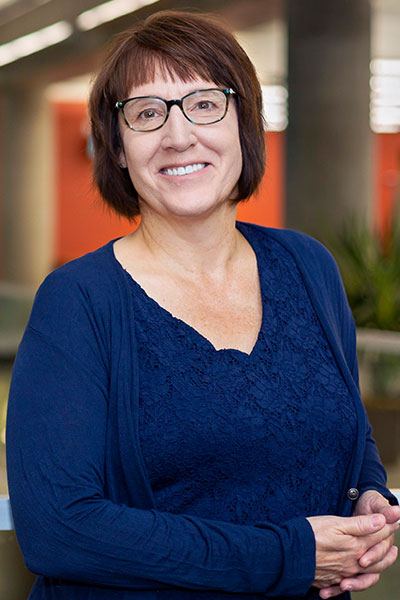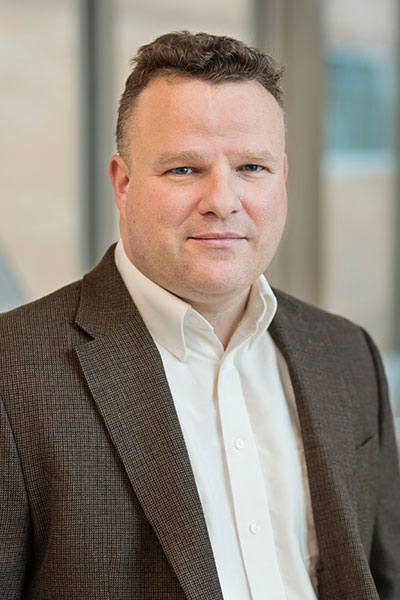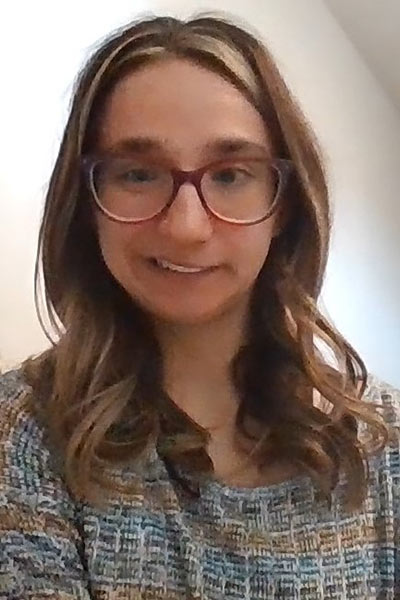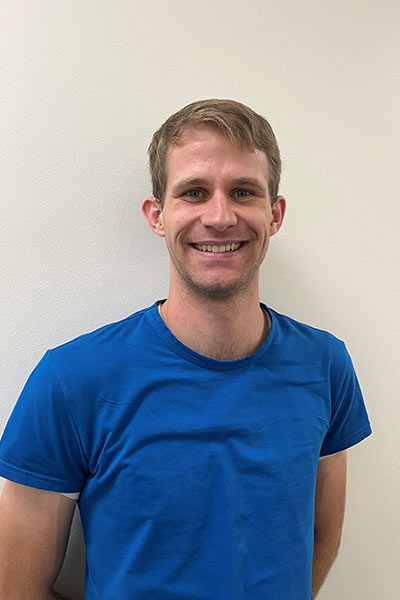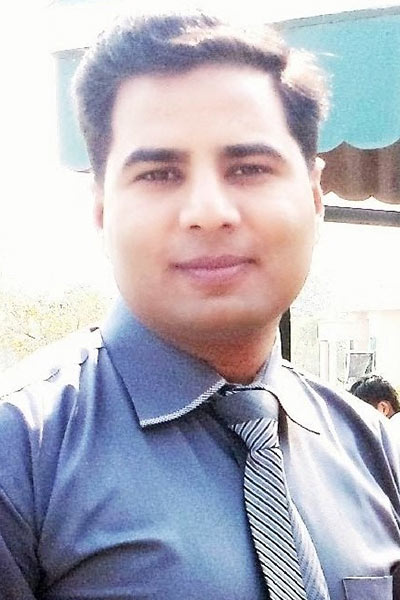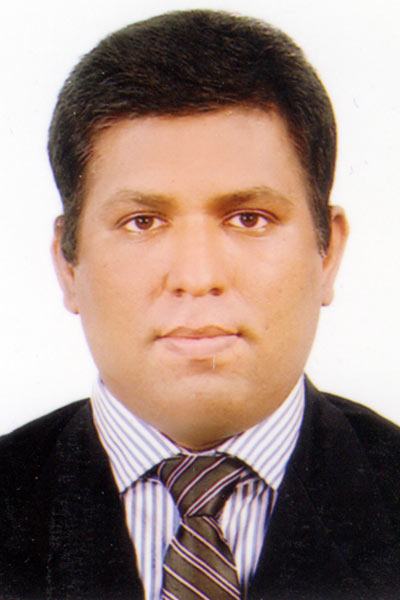2023 REU Students
(May 15 – July 21, 2023)
Student Participants
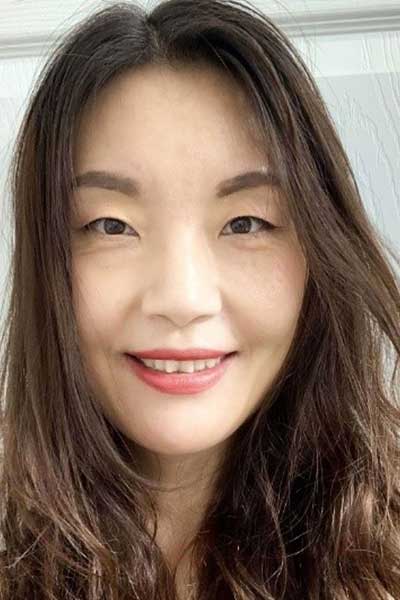

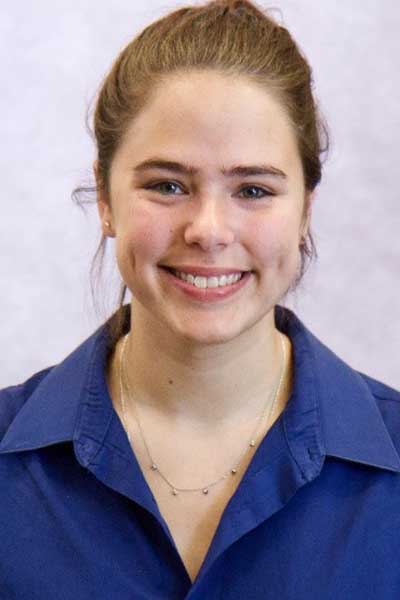
Students' Origin
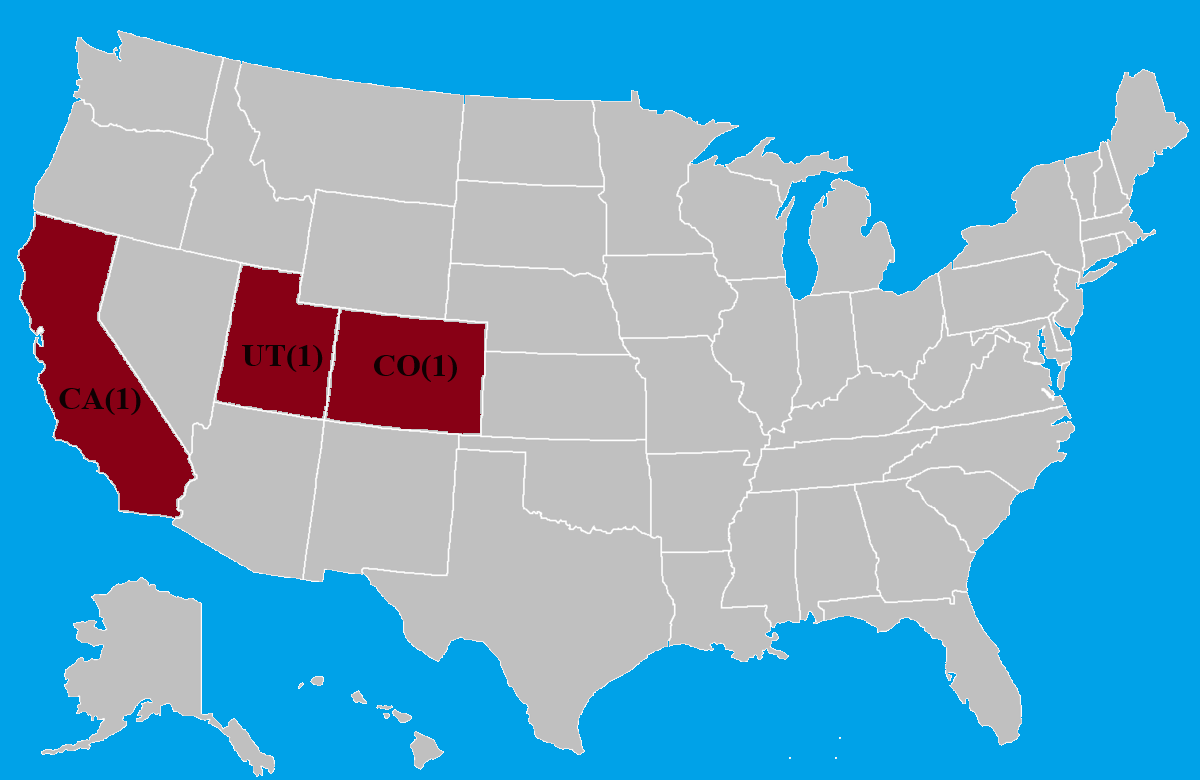
Faculty Research Mentors
Graduate Research Mentors
Research Projects

Project #1: Factors that Shape Students' Post-Problem-Solving Reflection and Evaluation of Their Performance
This research project aims to enhance the problem-solving skills of college students in engineering and mathematics (EM) through self-regulated learning (SRL) and analyze the factors that affect students' ability to accurately evaluate their own learning, particularly after engaging in problem-solving activities. Metacognitive knowledge of Task (MKT) data have been previously collected using a semi-structured interview protocol developed and pilot-tested by the researchers. The collected data will be qualitatively analyzed to identify themes and patterns related to factors such as prior knowledge and task characteristics (MKT), confidence in successfully solving the problem, the level of difficulty of the problem, and any misconceptions or mistakes made. Undergraduate researcher will investigate if any missed MKTs stated before solving the problem, are monitored/evaluated (indicated by some percentage of Monitoring / Evaluation strategy used) while solving the problem. Also, describe the actual performance yielded from that investigated event. Based on the analyses, look for a possibility to draw some sort of cyclical-paths that describe the student’s dynamic SRA while solving problem. The findings of this study potentially contribute to the ongoing efforts to enhance teaching and learning strategies to help students achieve better outcomes in problem-solving activities.

Project #2: Examining the Impact of Course Grades on Engineering Identity Formation
In this REU project, researchers will work closely with Dr. McCall to examine the influence of course grades on engineering identity formation. This work will expand on research conducted by the 2022 REU team, who found that as the academic level of undergraduate students increased from first to fourth+ year, grades had a diminishing influence on students’ perceptions of themselves as engineers. This summer, we will focus our research on first- and second-year engineering students for further examine how they navigate instances of significant grade influence in relation to engineering identity formation. Members of our research team will develop skills in human subjects research, particularly participant recruitment, conducting semi-structured interviews, and qualitatively analyzing interview data.

Project #3: Social Media Analysis of Neurodivergent TikTok
The purpose of this research project is to compare qualitative and machine learning social media analyses of neurodivergent TikTok. The term neurodivergent describes an individual with brain functions and structures that deviate from a "typical" brain functions and structures (e.g., ADHD, autistic, anxious, dyslexic, and more). Neurodivergent people have strengths that align well with engineering such as creativity, unique spatial thinking, and attention to detail. Yet, neurodivergent students tend to drop out of college at higher rates than their neurotypical peers due to trouble with transitioning into adulthood, an increase in severity of challenges, and stigma against asking for help. Last summer, we explored how neurodivergent people described their lived-experiences of being neurodivergent through both qualitative methods and machine learning methods (latent Dirichlet allocation, LDA). This year, the goal is to compare these analyses to see how much the results overlap and refine the LDA model to use in engineering education research.
Testimonies

Fei Kelly (California State University at Fresno)
"I plan to go to graduate school. I have impressive feelings and experience about this REU program. It was challenging but it was also interesting things to me. Somethings you don’t know at the beginning, but, as long as you keep going to focus on it, you’ll find they’re a big world and full of interesting things. So, I decided to explore more above my major. After I finish my BS degree, I plan to go to graduate school."

Kaitlyn George (Utah State University)
"The best part of the REU was working with faculty mentors. I loved having a resource that I could talk to about my project, questions I had about my career, and anything having to do with research. It created a great transition for me to shift my career into research, without being as abrupt or intimidating."

Sydney Sessions (Colorado School of Mines)
"In the sense that I wasn't too knowledgeable about any research before the REU program, my research perceptions have changed. I was able to see first hand what an actual research process looks like, as well as who can get involved and how much work there is to do. I also was tasked with reading a lot of research specific to my mentor's project, so getting familiar with research surrounding a niche was very beneficial to see."


